Biobank Software
At SCC Soft Computer, we offer a cutting-edge suite of solutions designed to streamline workflows, enhance productivity, and drive breakthroughs in patient care. Our mission is to revolutionize the way laboratories operate, whether you’re part of a health system, regional hospital, public health service, commercial lab, research facility, blood management organization, or transplant medicine unit.
Enterprise Scale
- Customized modules and product suites designed to meet the unique needs of enterprise laboratories.
- Seamless integration with existing enterprise systems to streamline workflows and enhance interoperability.
- Industry-leading security measures to safeguard sensitive laboratory data and ensure regulatory compliance.
- Dedicated technical support and comprehensive training programs.
Commercial Flexibility
- Flexible modular solutions that cater to the specific needs and budget constraints of smaller labs.
- Scalable cloud-based solutions that enable growth without significant upfront investment in infrastructure.
- Custom workflow engine to automate processes to improve operational efficiency.
- Full suite of outreach and operational solutions to improve customer service and revenue cycle management.
Driving Growth Across Diverse Industries
SCC Soft Computer is dedicated to delivering tailored solutions that enhance efficiency, accuracy, and excellence for clients across a wide range of industries, from complete healthcare systems to commercial labs.
Health Systems
Our solutions help health systems streamline workflows and improve the coordination of patient care, especially in facilities with multiple sites. By unifying systems under a single database, SCC products reduce turnaround times and facilitate seamless operation across different time zones, eliminating the need for multiple systems.
Solutions for Health Systems ›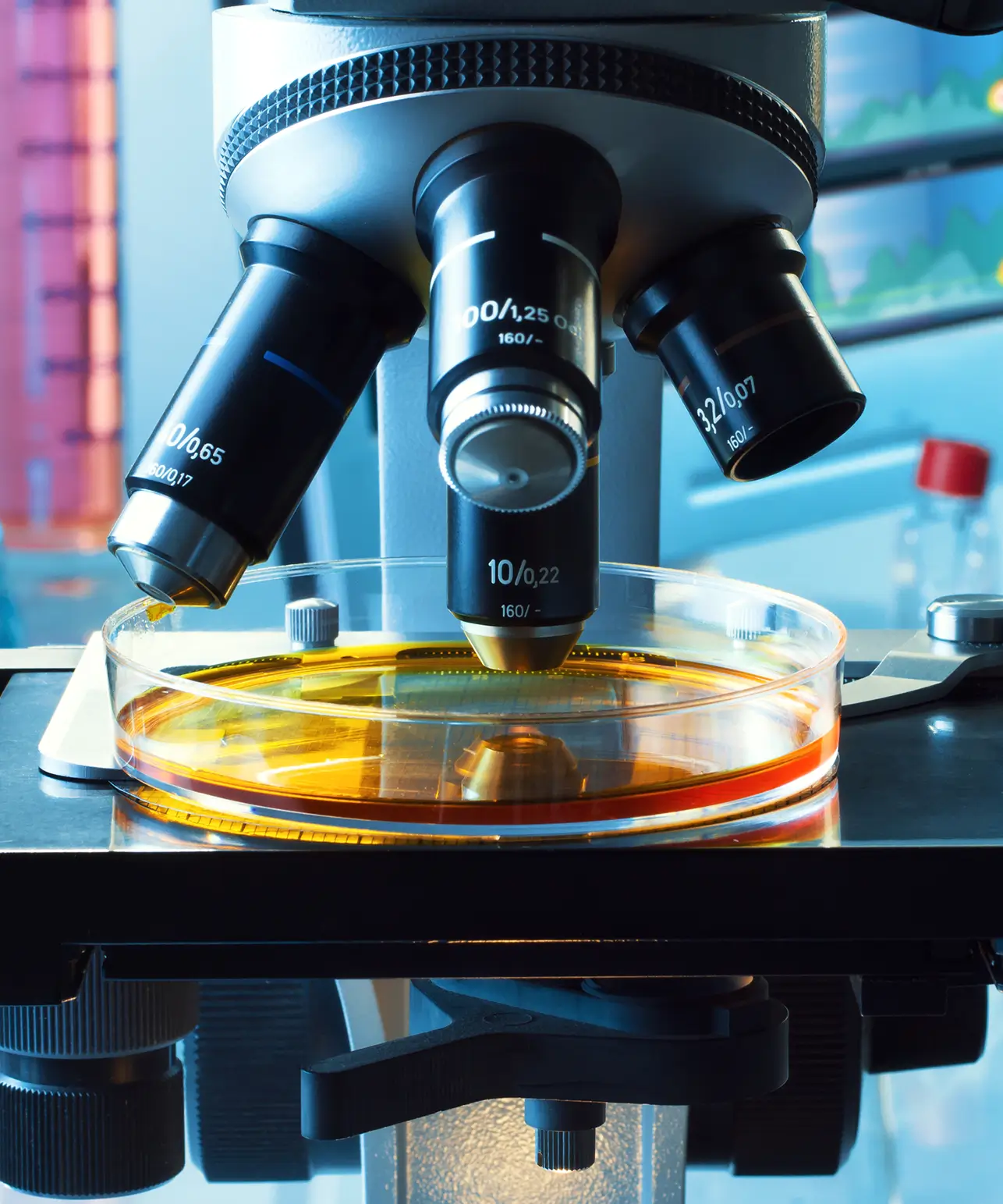
Regional Hospitals
For regional hospitals, SCC solutions optimize resource utilization and elevate the quality of patient care. Our consistent interface design ensures a smooth user experience, while direct integration with laboratory instruments eliminates the need for middleware, simplifying operations and reducing errors.
Solutions for Regional Hospitals ›
Research
Research laboratories benefit from our solutions through enhanced data sharing and collaboration capabilities, crucial for high-volume testing environments. Our platforms perform real-time data analytics, enabling on-demand research and providing valuable insights that drive scientific discovery.
Solutions for Research ›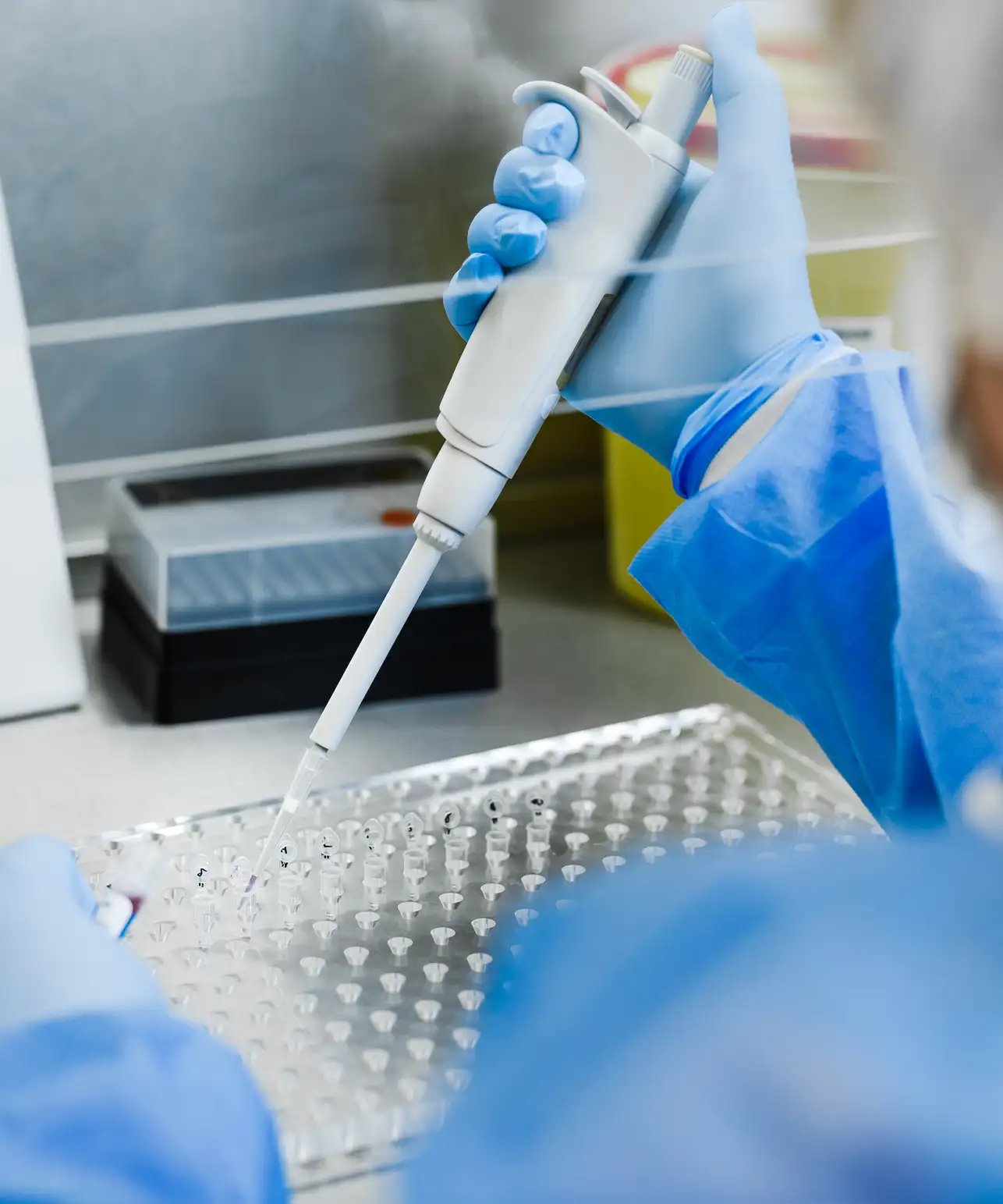
Commercial Laboratories
Commercial laboratories can achieve greater accuracy and efficiency in high-volume testing with SCC’s comprehensive solutions. Our LIS streamlines quality control workflows and minimizes the need for human intervention, allowing staff to focus on more critical tasks. Our integrated approach covers both the healthcare and business sides of operations, including revenue cycle management (RCM) for comprehensive operational oversight.
Solutions for Commercial Laboratories ›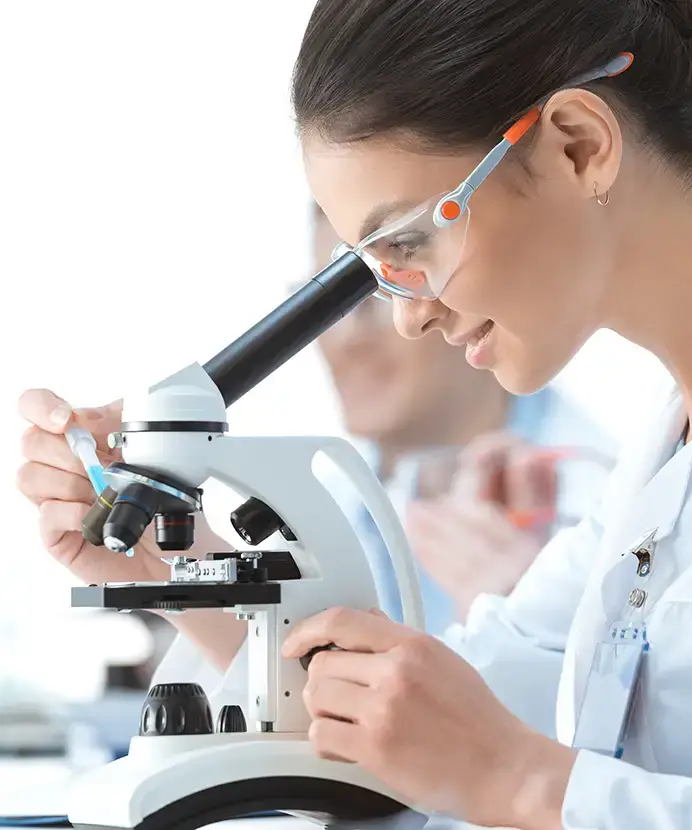
Transplant Medicine
SCC Soft Computer’s solutions for Transplant Medicine provide unparalleled accuracy and efficiency, streamlining donor and recipient matching processes to ensure optimal outcomes. Our comprehensive software suite supports the entire transplant workflow, from data management and compliance tracking to real-time analytics, empowering healthcare professionals to deliver life-saving treatments with confidence.
Solutions for Transplant Medicine ›
Public Health
SCC Soft Computer’s solutions for Public Health Laboratories are designed to enhance disease surveillance, streamline testing workflows, and improve data management, ensuring timely and accurate reporting. Our robust software suite empowers public health professionals with advanced analytics and real-time monitoring capabilities, enabling them to respond swiftly and effectively to public health challenges.
Solutions for Public Health ›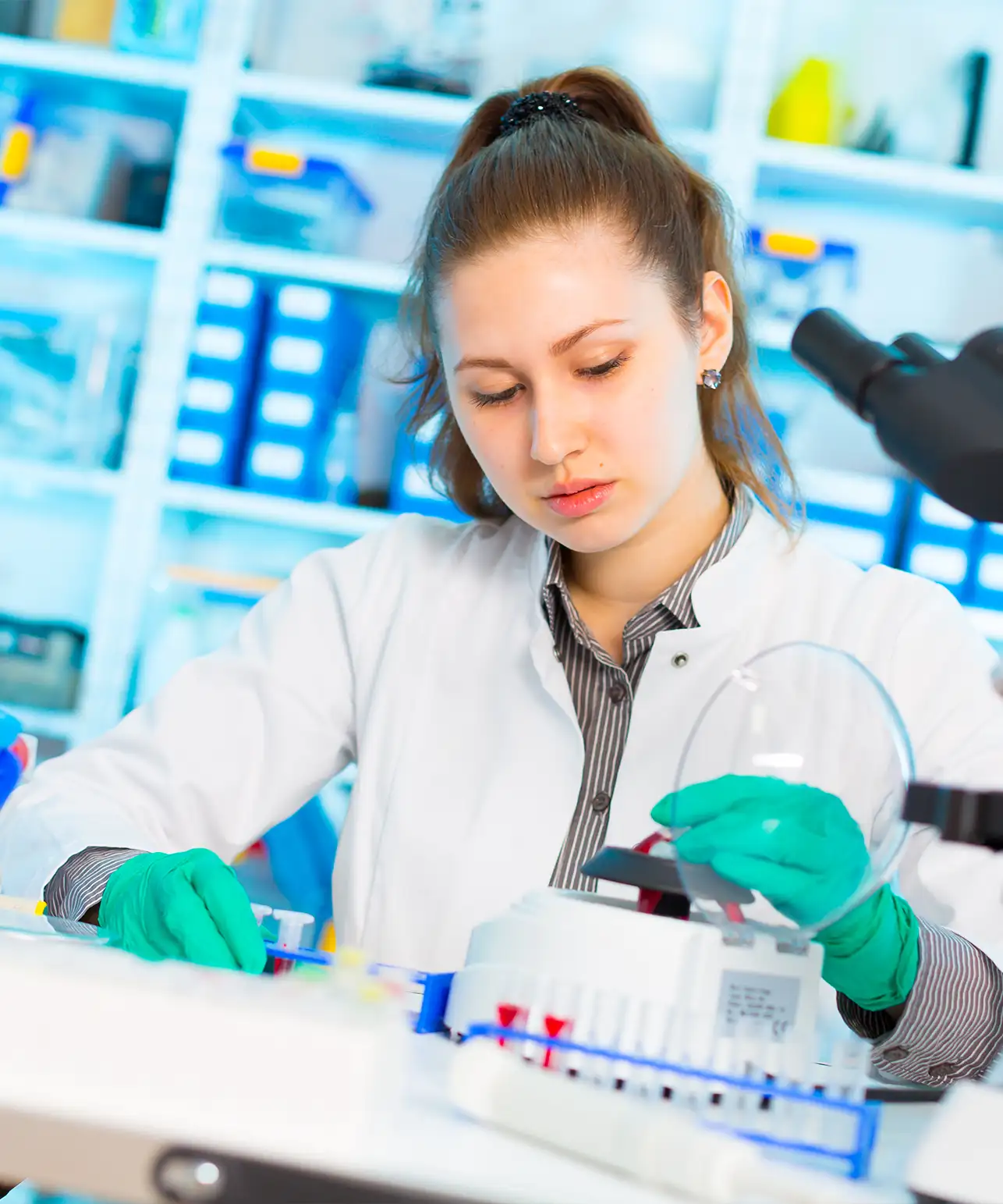
Blood Management
SCC Soft Computer’s Blood Management solutions streamline the entire blood supply chain, from donor recruitment to transfusion tracking, ensuring the highest standards of safety and efficiency. Our advanced software suite offers seamless integration with laboratory systems, providing real-time data and analytics to optimize inventory management and enhance patient care.
Solutions for Blood Management ›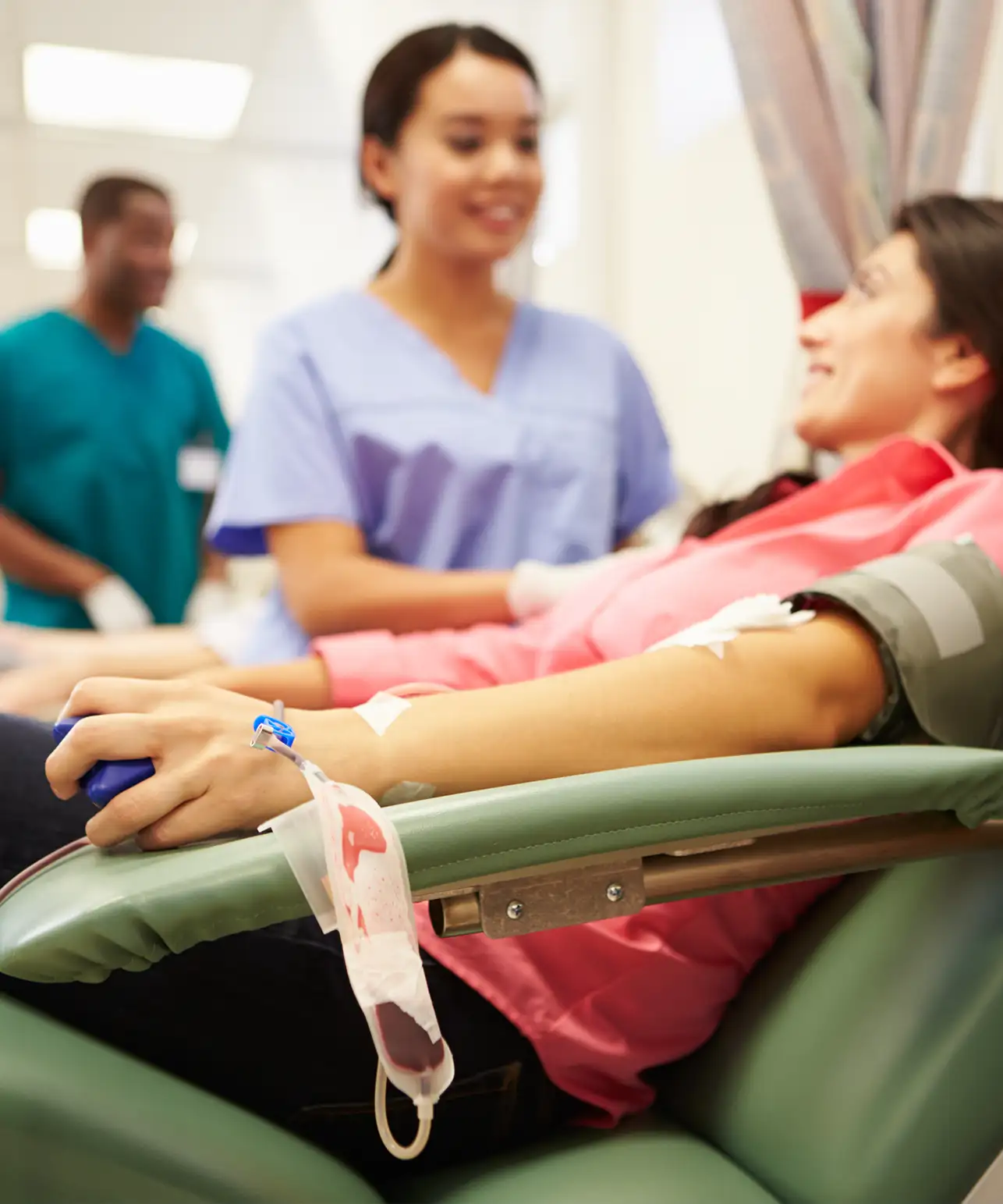
About SCC Soft Computer
Founded in 1979 by visionary leader Gilbert Hakim, SCC Soft Computer has established itself as a global pioneer in clinical information management systems. We specialize in providing state-of-the-art laboratory information systems (LIS) that empower healthcare organizations to optimize workflows, enhance patient care, and drive innovation. With a steadfast commitment to excellence, integrity, and customer focus, SCC Soft Computer combines cutting-edge technology with unparalleled support to deliver transformative solutions across diverse healthcare sectors. Our mission is to revolutionize healthcare by enabling laboratories worldwide to achieve unprecedented levels of efficiency and accuracy, ensuring that our clients remain at the forefront of medical advancements.
About UsBiobank Software
A biobank is a repository that stores biological materials and associated data for use in research. Biobank software is a specialized type of laboratory information system designed to manage these complex repositories. Your software is responsible for the entire lifecycle of a biospecimen, from collection and processing to storage and eventual use or disposal. This is not simply a matter of tracking samples; it is about maintaining the integrity of the scientific data that relies on those samples.
A modern biobank requires a comprehensive solution. You need a system that can handle the unique challenges of managing biological materials. Your software must ensure the proper chain of custody, maintain detailed audit trails, and support compliance with regulatory standards. It must also be flexible enough to accommodate different types of specimens, storage conditions, and research protocols. Without the right software, a biobank can face significant operational hurdles. Manual processes lead to errors, inefficiencies, and a lack of data consistency. These issues can compromise the value of the entire collection and undermine the research it is meant to support.
Your choice in biobank software directly influences the efficiency and reliability of your operations. When you choose a solution, you are selecting a partner in your research. It is a decision that affects not only your day-to-day work, but also the long-term viability and impact of your biobank. Whether you are a bench scientist managing a small collection or a business leader overseeing a large-scale repository, the software you use must meet your needs. It must offer tools to automate routine tasks, provide robust reporting capabilities, and ensure the security of your data. The goal is to create a system that is both scientifically accurate and operationally sound.
The landscape of biobank software includes various options. You may encounter a biobank software free download or other simple solutions, but these often lack the depth and functionality required for complex research. They can serve as a starting point, but they rarely provide the full suite of features needed for a professional biobank. A robust system is required to handle the volume and complexity of a modern biobank. Your search for a biobank software download is the first step toward finding a system that can grow with you.
A modern software solution for a biobank should offer a high degree of configurability. You need to be able to set up workflows that match your unique protocols without relying on custom programming. This ensures the system is an asset, not a barrier, to your work. A configurable system simplifies the process of adding new sample types, updating collection protocols, or modifying storage locations. This adaptability is essential for any biobank that plans to expand its scope or services. It is a fundamental requirement for a system that will remain relevant for many years.
Your system should also support a wide range of analytical and reporting needs. You need to be able to query your data, generate reports on sample usage, and analyze collection trends. These capabilities are crucial for making informed decisions about your biobank’s resources and for reporting to stakeholders and funding bodies. Comprehensive reporting is a cornerstone of good biobank management. It provides a clear view of your operations and helps you demonstrate the value of your work.
The integrity of your data is paramount. You need a system that provides a complete history of every specimen. This includes details on when it was collected, who handled it, where it was stored, and what tests were performed on it. This audit trail is critical for regulatory compliance and for ensuring the reproducibility of research. A reliable system records every action, providing an unbroken chain of information.
The process of finding a biobank software download can be challenging. Many systems exist, but few are designed to meet the specific needs of a modern biobank. The ideal solution will combine the functionality of a laboratory information system with the unique requirements of specimen management. It will offer a unified platform for tracking both the physical samples and their associated data. This integration is what separates a simple database from a true biobank software solution.
A proper biobank system also supports collaboration. It provides tools for sharing data with researchers while maintaining patient privacy. It can manage access controls, allowing you to grant different levels of permissions to different users. This ensures sensitive data is protected while still being accessible to those who need it. Secure access is a key feature for any system that handles personal health information. You need a platform built on a foundation of data security and privacy.
The search for the right biobank software is about more than just features. It is about finding a system that supports your mission. It should automate the mundane tasks, freeing you to focus on your core work. It should provide you with the data and insights you need to make strategic decisions. It should give you confidence that your biobank is operating at the highest level of quality and compliance. The right software is a tool for achieving your goals and advancing your research.
Biobank Management Software
Managing a biobank is a complex undertaking that requires a specialized approach. Biobank management software is the central nervous system for your repository, orchestrating every process from specimen intake to data analysis. This software goes beyond basic tracking. It provides a comprehensive set of tools to ensure the quality, integrity, and accessibility of your biospecimens and their associated data. Your team needs a system that simplifies daily tasks while also providing the controls necessary for long-term success.
The best biobank management software provides a centralized platform for all your operations. You do not want to use disparate systems or manual spreadsheets to manage your biobank. That approach leads to data silos, transcription errors, and operational inefficiencies. A unified system brings all your information together in one place. It allows you to track samples, manage freezer locations, and access patient data from a single interface. This level of integration streamlines your workflows and reduces the risk of human error. According to Crelio Health, 7–10% of lab reports contain transcription mistakes when entered manually. This statistic highlights the critical need for an automated, integrated system to minimize these errors.
A key feature of a good system is its ability to manage inventory with precision. You need to know exactly where every biospecimen is located at all times. This includes details on its physical location within a freezer, the specific shelf, and the container. Your software should support barcode scanning to automate the inventory process and reduce the possibility of misplacement. This meticulous tracking is essential for efficient retrieval and for ensuring the chain of custody. A system that provides real-time location data saves you time and prevents the frustration of searching for a lost sample.
Your software must also manage the entire processing workflow. This includes protocols for sample collection, aliquoting, and distribution. You should be able to define and enforce specific protocols for each specimen type. The system should automatically record each step of the process, creating a detailed history for every sample. This automated documentation ensures consistency and provides an invaluable record for regulatory audits. It is a fundamental requirement for maintaining the quality of your biospecimen collection.
Data security and regulatory compliance are non-negotiable for biobank management. Your software must protect patient information and comply with standards like HIPAA. It should offer robust access controls, audit trails, and data encryption. These features are not optional; they are essential for protecting your organization from legal and financial risks. A secure system provides peace of mind, allowing you to focus on your research without worrying about data breaches or compliance failures.
The needs of a biobank are distinct from other types of laboratories. While a standard lab management software may offer some of the necessary features, it often lacks the specialized functionality required for biobanking. You need a system specifically designed to handle biospecimens. This includes features for managing cold storage, tracking freeze-thaw cycles, and handling complex consent forms. A generic solution may seem like a good idea at first, but it will likely fall short of your long-term needs.
The selection process for a new system should involve all key stakeholders. Bench scientists, lab managers, and IT professionals all have unique perspectives and requirements. A successful implementation depends on choosing a system that meets the needs of everyone involved. This requires a comprehensive evaluation of potential solutions, including demonstrations and discussions with vendors. It is a collaborative process that ensures the final choice is the right one for your entire organization.
The right software provides powerful analytics and reporting. You need to be able to analyze your data to identify trends, measure performance, and make strategic decisions. The system should offer customizable dashboards and reports that give you a clear view of your operations. For example, you may want to track the number of samples collected per month, the number of requests fulfilled, or the average turnaround time for specimen retrieval. These metrics are crucial for demonstrating the value of your biobank and for identifying areas for improvement.
Ultimately, your biobank management software should be an enabler of research. It should simplify the complex task of managing biospecimens, allowing you to focus on your scientific goals. The system should be user-friendly, intuitive, and easy to train new staff on. A complex or clunky system can hinder productivity and lead to user frustration. A system that is easy to use promotes adoption and ensures all your team members can use it effectively.
Biobank LIMS
A biobank laboratory information management system, or biobank LIMS, is a specialized type of software that combines the core functions of an LIMS with the unique requirements of biobanking. This system is responsible for managing both the physical biospecimens and the vast amounts of data associated with them. It is the central hub for all information related to your biobank, ensuring data integrity, traceability, and compliance. Without a dedicated biobank LIMS, you risk compromising the scientific value of your collection and the integrity of your research.
The primary function of a biobank LIMS is to provide a robust system for sample tracking and data management. It allows you to track every specimen from the moment of collection to its final disposition. The system should capture and record all relevant data, including patient demographics, clinical history, and collection details. This information is a critical part of the biospecimen record. It ensures researchers have the full context they need to interpret their results accurately. The ability to link every sample to a comprehensive dataset is what makes a biobank a valuable resource.
A key challenge in biobanking is ensuring data consistency and accuracy. Manual data entry is prone to errors, which can have significant consequences for research. An effective biobank LIMS uses automation and rules-based processes to minimize these risks. It can automatically capture data from instruments, enforce standardized naming conventions, and perform data validation checks. This ensures the information in your system is accurate and reliable. We know from our own experience rules-based automation reduces turnaround time by removing redundant human effort, but this study reports rules-based auto verification can automatically validate and release 40–80% of normal results without human review. This shows how automation can dramatically improve efficiency and reduce the workload on your team.
The search for a biobank LIMS software download often begins with a specific need. You may be looking for a system that can handle a particular type of specimen, support a new research protocol, or improve your reporting capabilities. The ideal solution is one that can adapt to these evolving needs. It should be highly configurable, allowing you to define your own workflows and data fields without needing custom programming. This flexibility is what allows your biobank to grow and evolve without being constrained by your software.
You may also encounter a biobank LIMS free solution during your search. While these options can seem appealing, they often come with limitations. They may lack the security features, scalability, or vendor support required for a professional biobank. A free solution is a risk to your data and your operations. A professional-grade system is an investment in the long-term success of your biobank. It provides the peace of mind that comes with knowing your data is secure and your operations are running smoothly.
Regulatory compliance is a major concern for all biobanks. Your biobank LIMS must provide the tools you need to meet standards from organizations like CLIA and CAP. It should offer comprehensive audit trails, a history of every change made to a record, and robust quality control features. These capabilities are essential for passing regulatory inspections and for demonstrating the quality of your operations. The system should be able to generate compliance reports on demand, making the audit process simpler and less stressful.
The integration of your biobank LIMS with other systems is also critical. You need a system that can communicate with your hospital information system, electronic health record, and other lab systems. This interoperability ensures a seamless flow of data throughout your organization. It eliminates the need for manual data entry and reduces the risk of errors. An integrated system is a cornerstone of a modern, efficient biobank. It connects all the disparate parts of your operation into a single, cohesive whole.
Choosing the right biobank LIMS download is a decision that affects your entire organization. It is not just about a software product; it is about a long-term partnership with a vendor. You need to choose a vendor that has a deep understanding of biobanking and a track record of success. The vendor should provide a high level of customer support, comprehensive training, and continuous updates. A good vendor relationship ensures your system remains up-to-date and you have a partner to turn to when you have questions or problems. The right system is an asset that supports your mission and helps you achieve your goals.
Biospecimen Management Software
A biobank’s value is directly tied to the quality of its biospecimens. The integrity of these materials must be maintained from the moment of collection until they are used in research. Biospecimen management software is the dedicated tool you need to ensure this happens. This software provides the detailed control and tracking required to manage a collection of biological materials, safeguarding their scientific value and ensuring their accessibility for future use. A system that handles both the physical samples and the associated data is essential for a high-quality biobank.
Your biospecimen management software should provide a complete audit trail for every sample. This trail includes every step of the specimen’s journey, from its initial receipt to its final destination. It records information such as the time of collection, the method of processing, the storage conditions, and any freeze-thaw cycles it undergoes. This level of detail is critical for both scientific reproducibility and regulatory compliance. A system that cannot provide a comprehensive history for each specimen is a liability to your research. APHL tells us laboratories that have moved from paper or manual entry to integrated systems consistently report higher accuracy and far fewer clerical errors, directly translating into better patient safety and fewer result corrections. This underscores the importance of a robust system for managing biospecimens.
The search for a biospecimen management software free download may seem like a good way to get started, but these solutions often lack the depth and functionality required for professional biobanking. They may not offer the level of security, scalability, or reporting you need. A professional-grade system is a significant investment, but it is one that pays off in the long run. It provides the tools you need to operate at a high level of quality, ensuring the integrity of your collection and the reliability of your data. A simple, free solution is not a substitute for a comprehensive system.
An effective system must also provide a high degree of inventory management. You need to know the exact location of every sample at all times. This includes details on the specific freezer, the shelf, the box, and the vial. The software should support barcoding and other automated identification methods to simplify the process of tracking samples. This precision in inventory management is critical for efficient retrieval and for preventing loss or misplacement. The ability to quickly and accurately find a specific sample is a hallmark of a well-run biobank.
The requirements for a biobank are distinct from those of a standard clinical laboratory, and therefore require more than generic lab management software. Your system must be designed specifically for the unique needs of biospecimen management. This includes the ability to track different specimen types, manage complex sample hierarchies (e.g., a parent sample and its aliquots), and enforce strict temperature monitoring. A system that is not built for these specific challenges will fall short of your needs.
A critical feature of your software is its ability to handle data associated with each specimen. This includes clinical data, research data, and patient demographics. The software should provide tools for linking this data to the physical samples, creating a comprehensive record for each one. This integrated approach ensures all relevant information is accessible from a single platform. It eliminates the need for manual data correlation and reduces the risk of errors. A system that provides a unified view of both the physical sample and its data is an indispensable tool for a modern biobank.
The process of finding a biospecimen management software download requires a careful evaluation of your needs. You should consider the types of specimens you work with, the volume of your collection, and your specific research protocols. The ideal system will be configurable enough to match your unique workflows without requiring custom programming. This flexibility is what allows the system to adapt to your evolving needs and support new research initiatives.
Your software should also support collaboration and data sharing. You need a system that can manage access controls, allowing you to grant different levels of permissions to different users. This ensures sensitive data is protected while still being accessible to researchers who need it. The system should also provide tools for generating reports on sample usage, collection metrics, and other key performance indicators. These reports are crucial for demonstrating the value of your biobank to stakeholders and for making strategic decisions about its future.
Choosing the Right Biobank Software
The choice of biobank software is a critical business and scientific decision. You must select a system that aligns with your operational goals, budget, and regulatory requirements. When evaluating your options, consider the system’s ability to provide a comprehensive audit trail, automate key workflows, and integrate with other systems. Look for a solution with robust security features and strong vendor support. The right system is not just a tool; it is a long-term partner in your mission. A system that offers these capabilities can help you meet the needs of your lab today and for many years to come. Ultimately, the best biobank software provides the foundation for reliable research and sound operations.
SCC Soft Computer is a leader in laboratory information solutions. When seeking to improve your biospecimen management processes, consider the advanced capabilities of the SoftBiobank® and SoftLIMS® solutions. These products are designed to address the specific needs of modern biobanks, offering robust tools for sample tracking, data management, and regulatory compliance. The products offer a configurable, integrated solution to meet the needs of your biobank.










